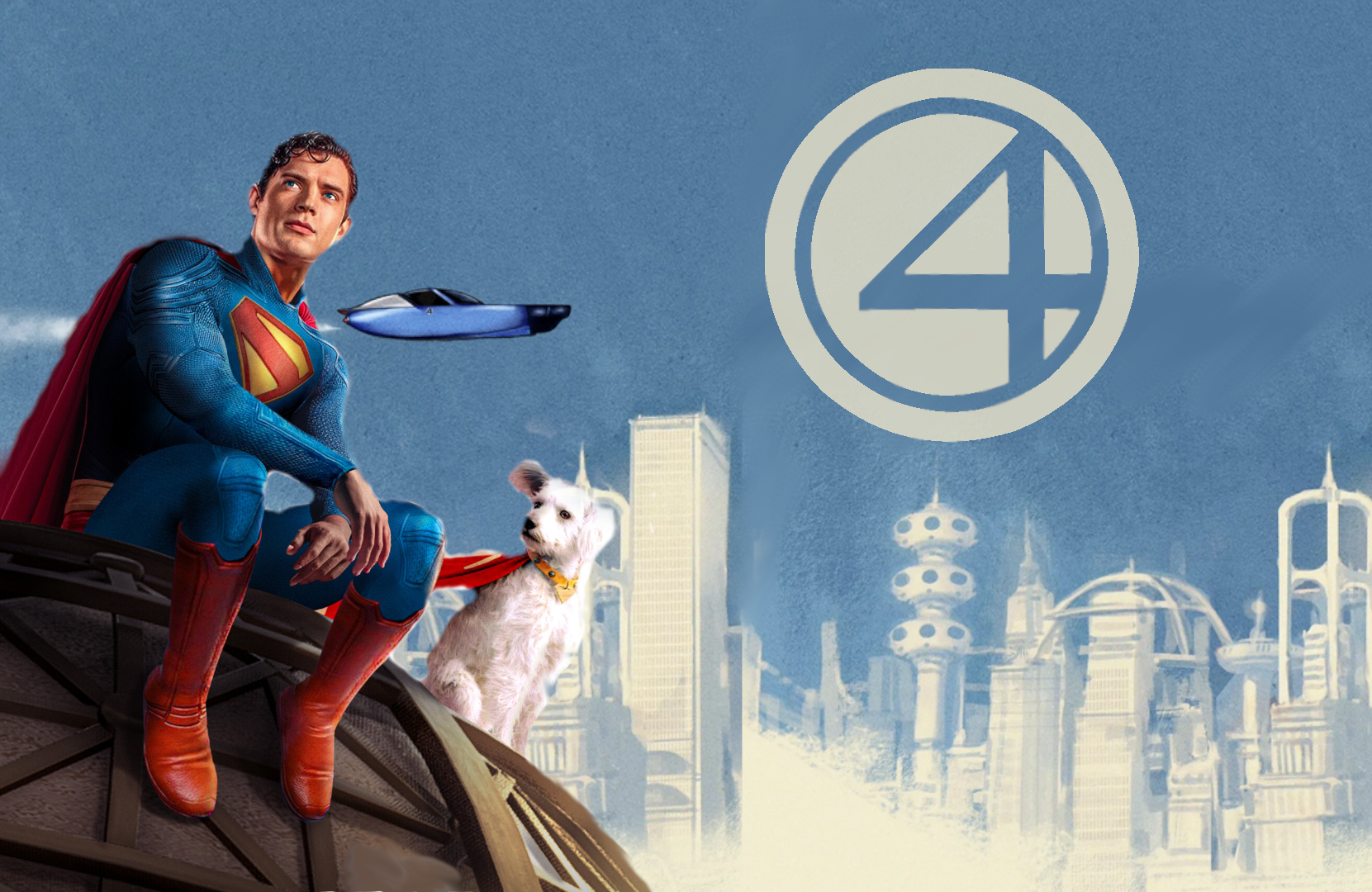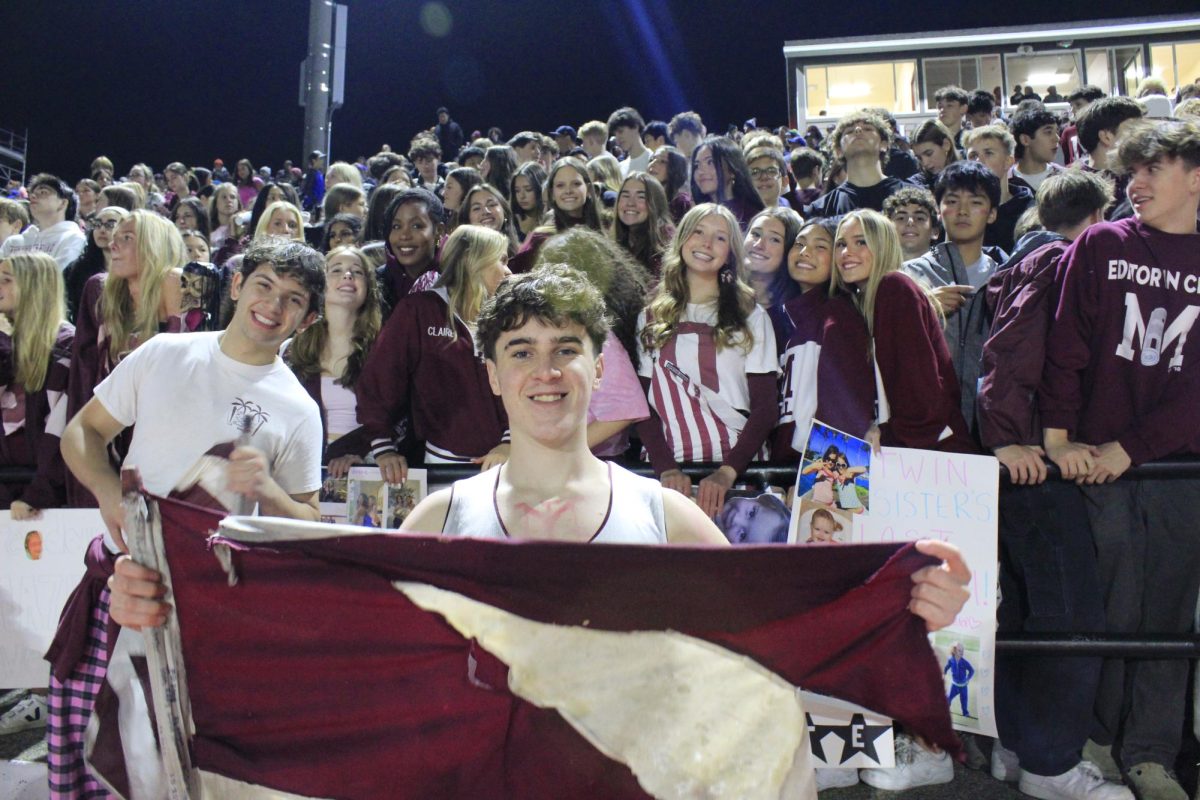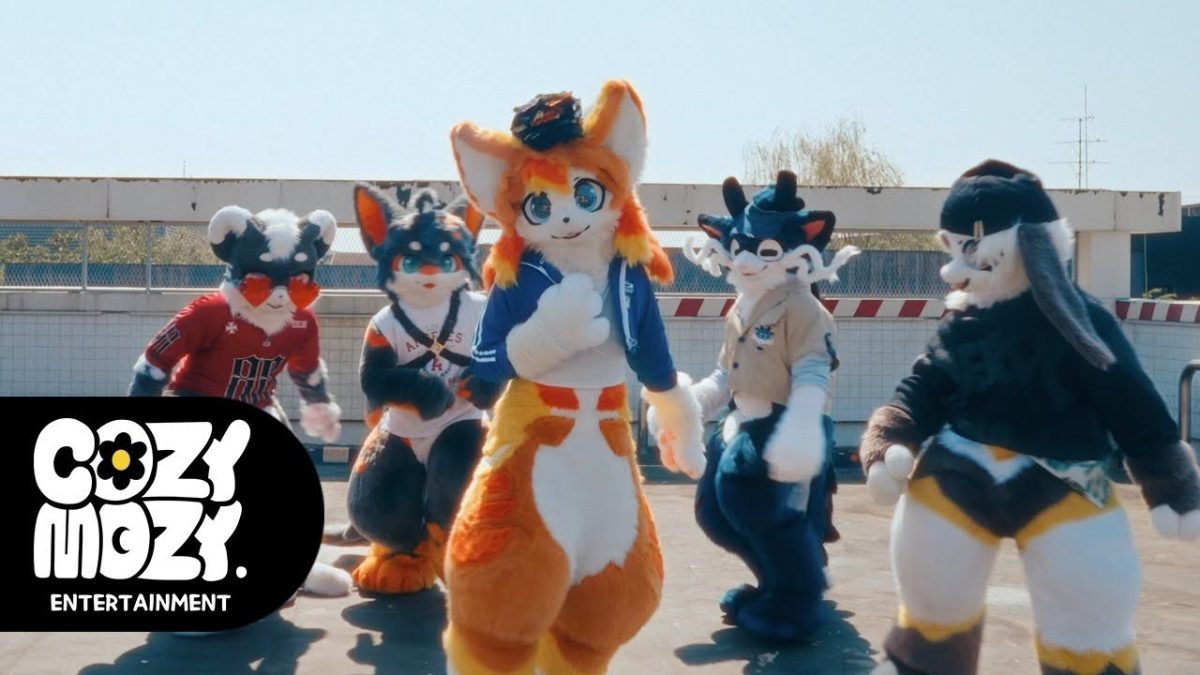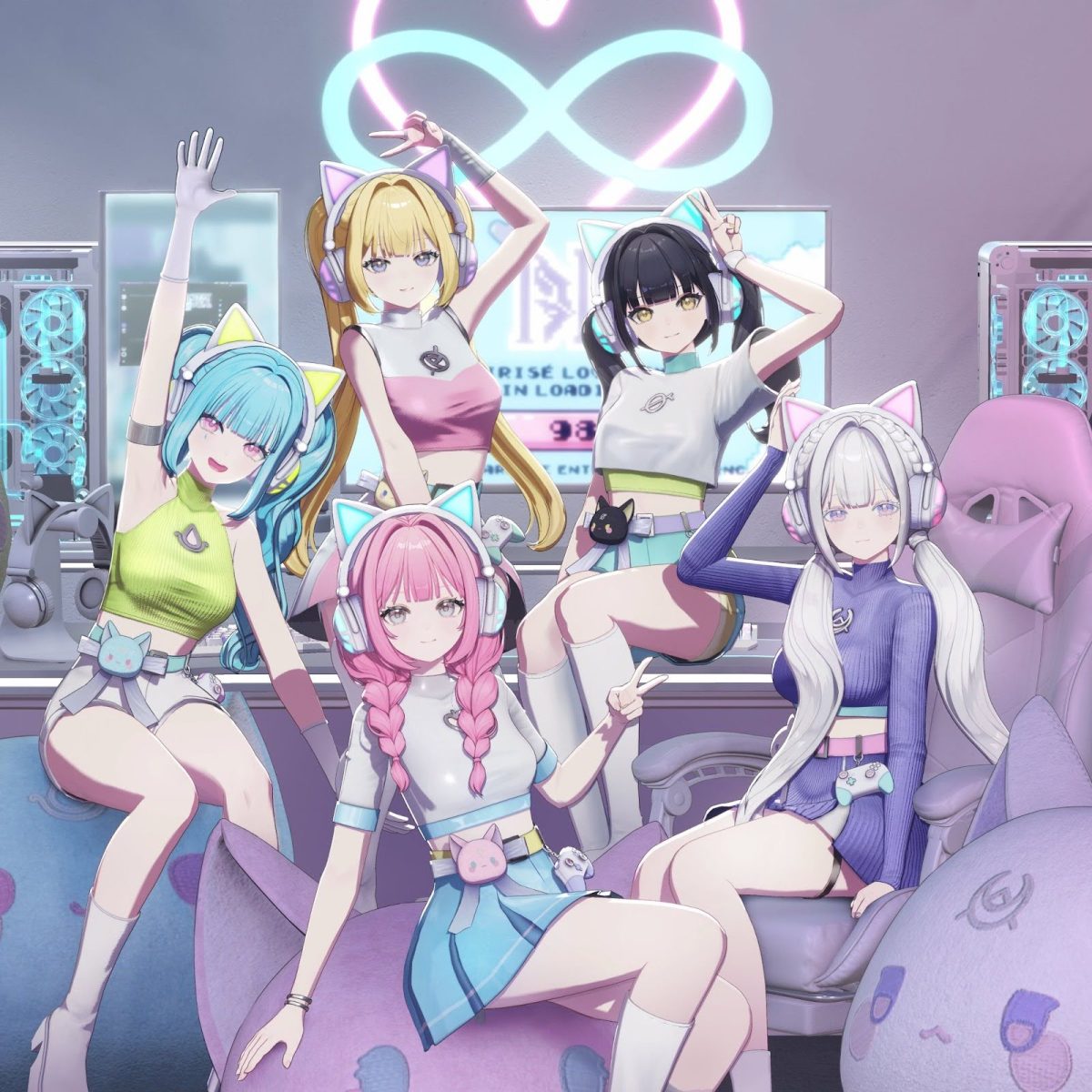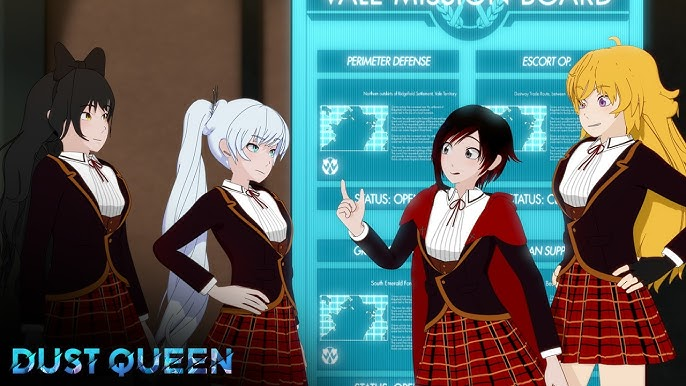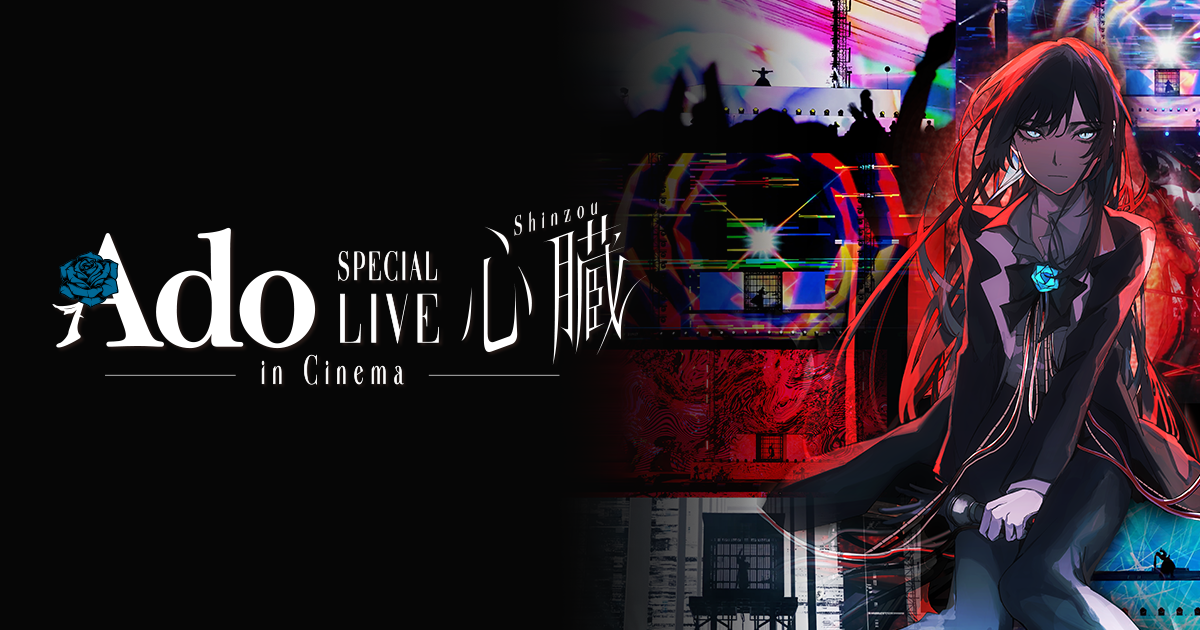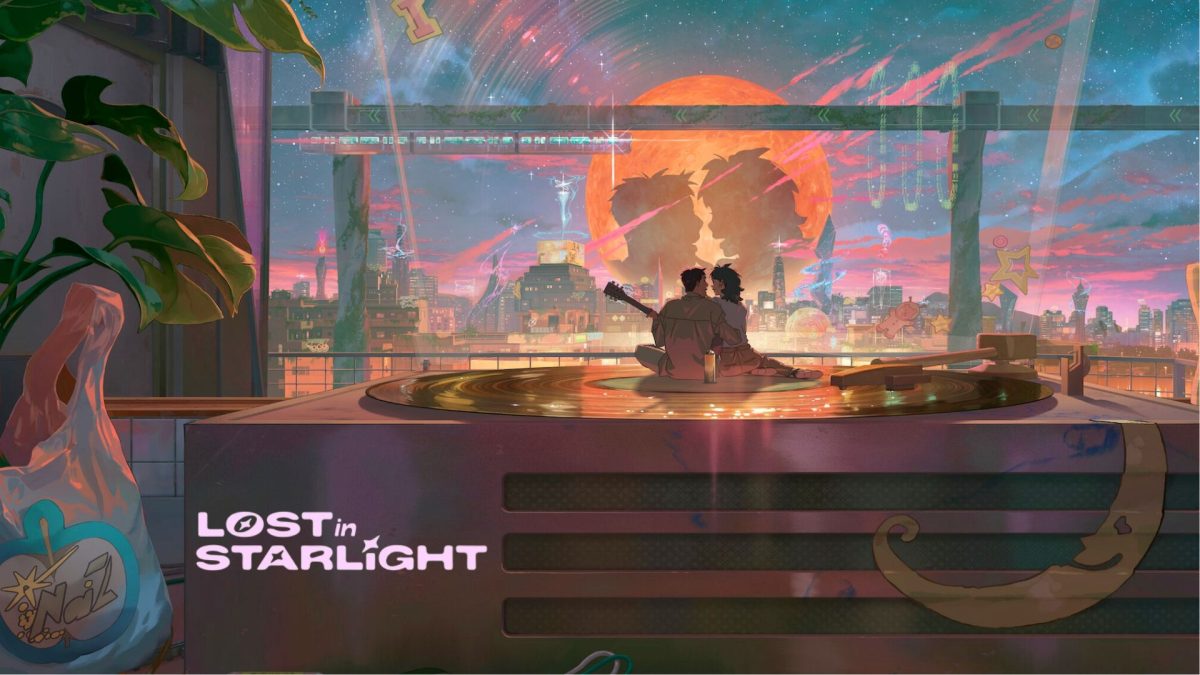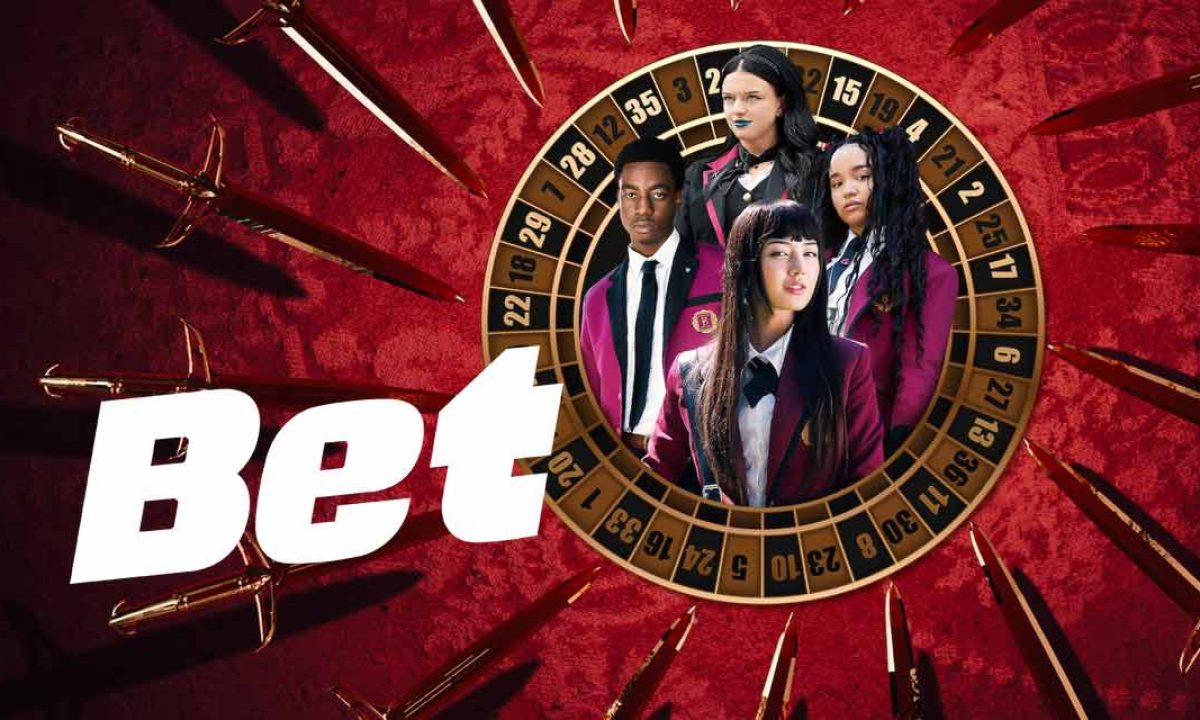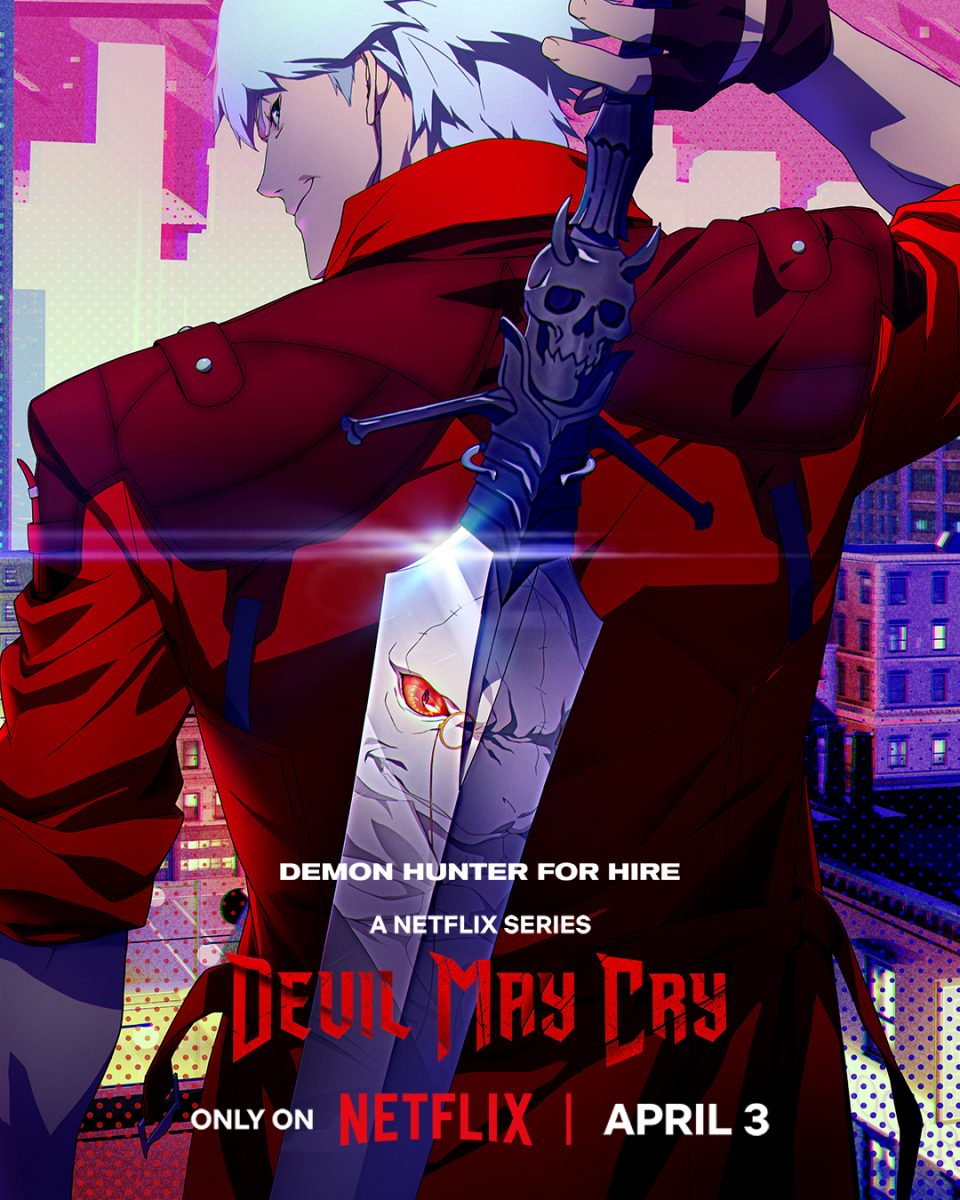Over the last few years, the conversation surrounding superhero movies has been filled with constant apocalyptic visions of the imminent demise of the superhero blockbuster formula, prophecies largely borne out by Marvel’s struggling ticket sales and the collapse of the DC Extended Universe. Years of mediocre or subpar movies have largely soured people on the once-beloved and dominant genre in the years following “Avengers: Endgame.” However, this summer, the public was provided with a new and different vision of the future. For the first time in a while, superheroes seem to once again be on the rise, although the precarity of their position has never been clearer.
The headliner and unambiguous champion of the summer season was, of course, “Superman.” Written and directed by emerging titan James Gunn, “Superman” represents probably the single most exciting new movement in the industry. DC’s forays into the moving picture have, for the longest time, placed a distant second to Marvel’s media empire, and during the 2010s Snyder era, there seemed to be very little hope of the situation improving. While Snyder had his fans, he had equally as many haters (myself included), who alleged that his indulgently brooding and passionate, self-serious writing was a bad fit for the intended themes of the brand.
This was typified by Snyder’s Superman, a drab and uncaring figure who floated above humanity, a god eternally alienated from the race of men. This failed attempt to modernize a classic and timeless character jaded many to the possibility of Superman working in the modern era. After all, how could you possibly write a good story about an invincible, unambiguously virtuous paragon? In actuality, the 2020s, an era rivaled in depressive anxiety only by the eponymous Great Depression, which originally birthed Superman, was the greatest opportunity in a century to revive the classic hero.
The thesis of the DCU’s new CEO, James Gunn, was that it was precisely in a climate of such cynicism, selfishness and hatred that making a story about an actual hero–emblematic of the moral ideals we have forgotten–would be most impactful. Or in the words of the film itself, the hope was to demonstrate that “maybe [kindness is] the real punk rock”. If the movie skyrocketing to the third-highest-grossing movie of 2025 is any indication, Gunn more or less proved his point. While less thematically controversial, the other headliner of the summer, the MCU’s “Fantastic Four: First Steps,” has a similar theme.
As someone who has read the original 1960s comics, the movie is charmingly faithful to its source material, complete with a ‘60s style retrofuturistic aesthetic which marks a major departure from Marvel’s typically bland cinematography and set design. The world of the Fantastic Four is essentially the future that never was, and the utopianism of the film’s setting evokes an idealism that has become rare in our modern landscape of gritty realism. Post-WWII, the prevailing view was that humanity was quickly progressing towards utopia, with each year being a step forward for human liberty, democracy, international cooperation and justice. This is a hope we lost, killed by the Cold War and post-9/11 cynicism, leading to the modern world, in which we can confidently expect each year to be markedly worse than the previous.
Put together, both of these movies had the future of the entire industry riding on them, and both ultimately pulled through. As a result, for the first time in a long time, people have begun to regain faith in the ability of superhero movies to actually tell compelling stories with real artistic intent. However, this victory is far from secure, as despite critical praise, Fantastic Four’s underwhelming sales have created doubt in many that the kind of audience the MCU once had still exists. The success of Fantastic Four has undoubtedly kept Marvel alive for the time being, but the true challenge will be Avengers: Doomsday. That single movie will serve either to make or to break the MCU forever, and given the chaotic production details emerging, the future may not be as bright as FF has led us to believe. The future is, above all, uncertain, but this summer, fans have finally been given a reason to harbor optimism.


